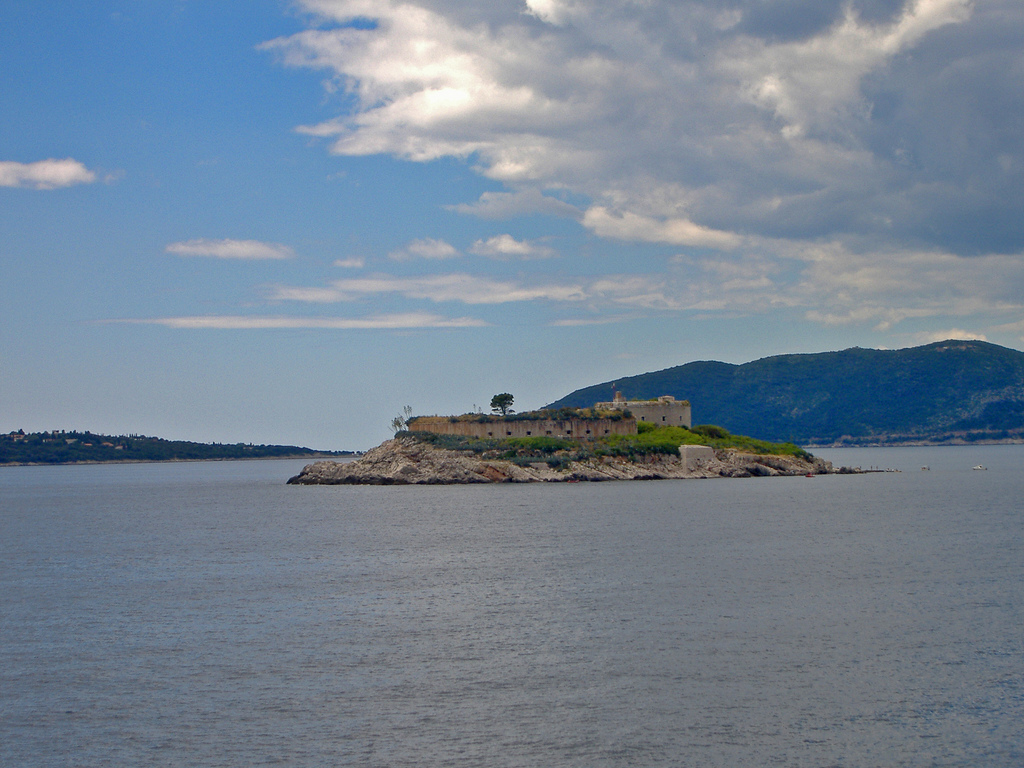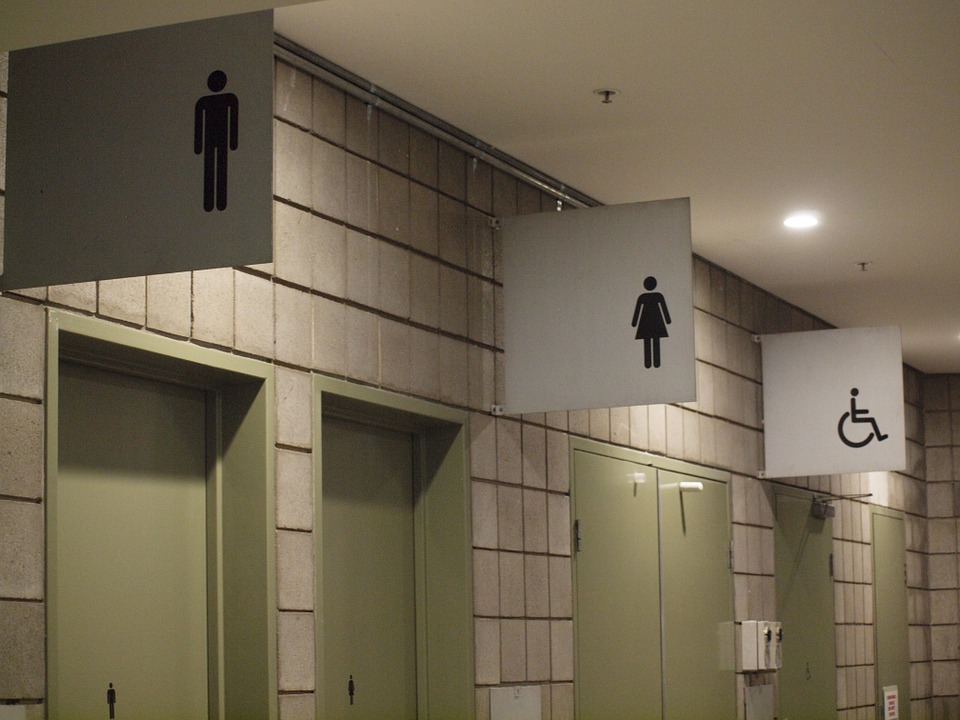From Concentration Camp to Hotel
Mamula, an island situated on the border of Montenegro and Croatia, was the site of a World War II Italian concentration camp, in which 2,300 people were imprisoned and 130 or so were killed. Now, the Montenegrin government has agreed to a project to transform the island into a resort – a stark contrast to the fate of other concentration camps across Europe, which largely remain empty or act as memorial museums.
There has been international outrage over the decision to transform the island into a resort. Family members of the victims of the camp have called the plans disrespectful, and a “blatant example of lack of seriousness towards history.” Families, who often pay respects to the victims by visiting the island site on September 14, believe that creating a resort space on the island will destroy the memory of what the island really was. The Mamula camp is an integral, dark part of numerous families’ history, and they are concerned about the loss of this space. Many also agree that something should be done with the site, but in an educational aspect, rather than a commercial venture. The issue is not the development of tourism on the island, but rather the development of a luxury resort targeted toward wealthy clients that is seen as unethical, rather than educational tourism, which would be the more ethical approach. Many prominent international figures – including the former director of UNESCO – have sent letters to Parliament expressing their disapproval. Many also believe the rent is too low to justify the permission to build a resort.
The Montenegrin government acknowledges the concerns of the families, but reminds the world that the proposed site plans do include a memorial and museum that will be open year-round, even when the resort itself is closed for the season. Many believe this is a valid compromise. The government says that the transformation of the site will boost tourism and improve the overall economy of the country. They had to make a choice between finding investors willing to renovate and restore the property, or let the site fall into ruin, according to the head of Montenegro’s national directorate for tourism development. With the memorial and museum, even locals have approved of the proposal. This side of the argument sees the museum combined with the economic development as ethical for the country.
Is it ethical to place a resort on the site of a former concentration camp? Should all sites with a dark history be only developed through an educational lens? Is there a certain time period, or criteria which would allow certain land to be changed and developed over time compared to other historical locations? This is not the first time the repurposing of concentration camps has raised controversy, and likely will not be the last.





